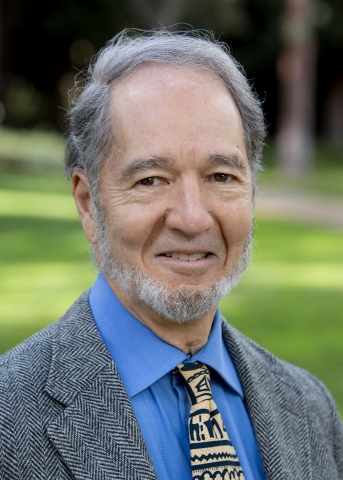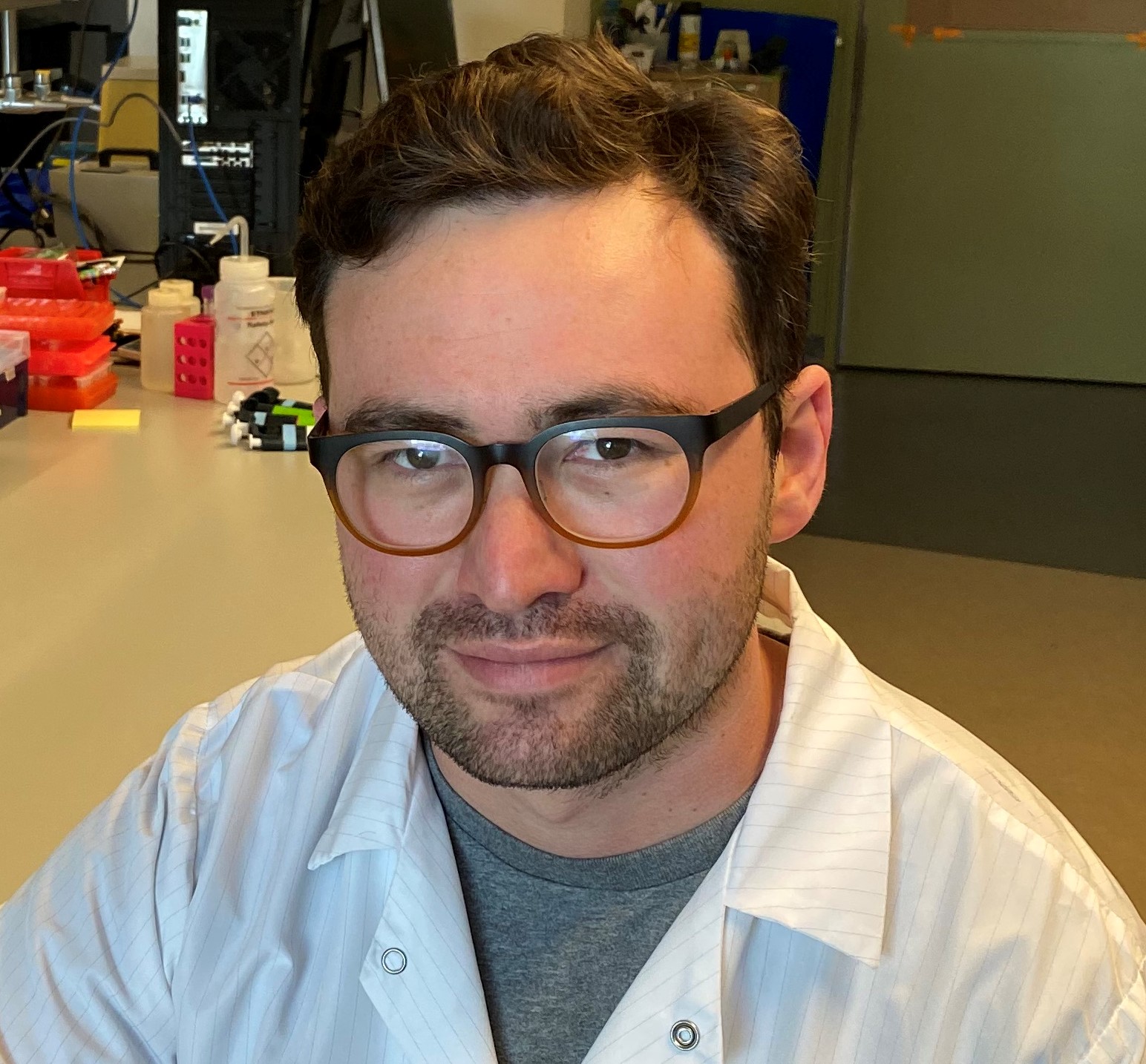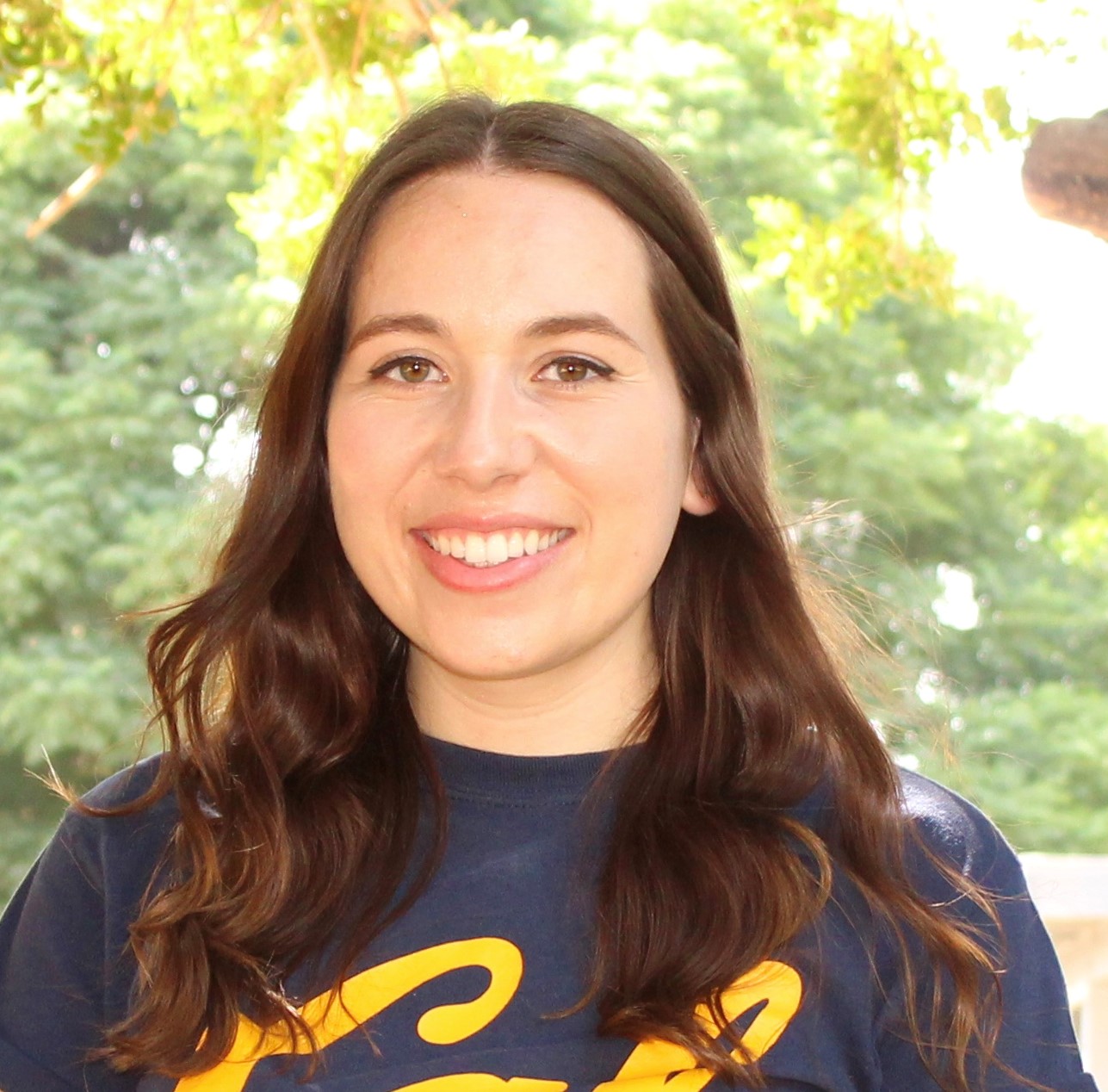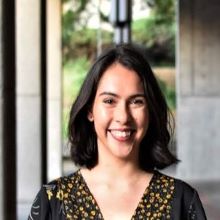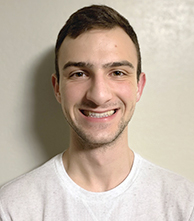On November 4, Dr. Jared M. Diamond, Professor of Geography at UCLA, recipient of the National Science Medal, the Pulitzer Prize, the MacArthur Genius Award, and a long-time friend of ARCS NCC member Eve Masonek, spoke to ARCS members on the topic of “Global Solutions for Global Problems.”
Dr. Diamond began with the history of infectious diseases such as the plagues of Justinian and Athens, cholera, smallpox, typhus, and the Spanish flu. These diseases came from the spread of pathogens from animals to humans, causing deaths, the collapse of empires, and serious blows to economies with the abandonment of towns and agricultural land. The source of these diseases was animals, especially those closest to humans in genetics and in contact. Their spread was slow and regional. In more recent times, we have seen HIV, mad cow disease, and Ebola, with fatality rates of 70-100%, spread locally.
Dr. Diamond pointed out that COVID-19 is different in several ways: the fatality rate is much lower, less than 2%, and its spread was global and rapid. He attributed the rapid spread of global travel and lack of human immunity to this new pathogen. He noted that the world has mounted a global response with the rapid development of vaccines and the implementation of public health measures to contain the spread. He is encouraged by the recognition that this global problem requires a global solution.
Dr. Diamond asked a provocative question: “Could COVID-19 create a better world?” He focused his next remarks on three much greater threats to the survival of the human race and the planet: climate change, unsustainable use of natural resources, and inequality. Climate change is causing warmer temperatures, decreased rainfall, rising sea levels, the acidification of oceans, and more frequent natural disasters such as floods, fires, hurricanes. Unsustainable use of natural resources includes a dependency on fossil fuels, rapid logging of forests, depletion of freshwater, loss of topsoil due to agriculture, and wastage. Consumption of these resources varies by country with Americans having the largest “carbon footprint” by far – almost twice as much as our European counterparts and many times more than citizens in poor developing countries. Inequality has increased dramatically, producing international conflict and migration.
Again, Dr. Diamond asked another provocative question: “Why hasn’t the world mounted a global response to any of these three greater threats?” His answer was that COVID kills people visibly and we are all witnesses. He went on to say that he hopes that our global response to COVID may teach us that we can mount a global response to these larger threats. If that happens, the tragedy of COVID would have inspired global solutions to global problems.
A lively Q&A session followed with topics ranging from the politicization of COVID, the distrust of science in the USA, the ethics of “gain of function” research, and the need for regulation. Eve Masonek closed the meeting by expressing her optimism based on the ability of really smart people to solve really complex problems. Dr. Diamond agreed with her. Nancy Mueller thanked Dr. Diamond for an informative presentation, Eve for arranging it, and everyone for coming.

